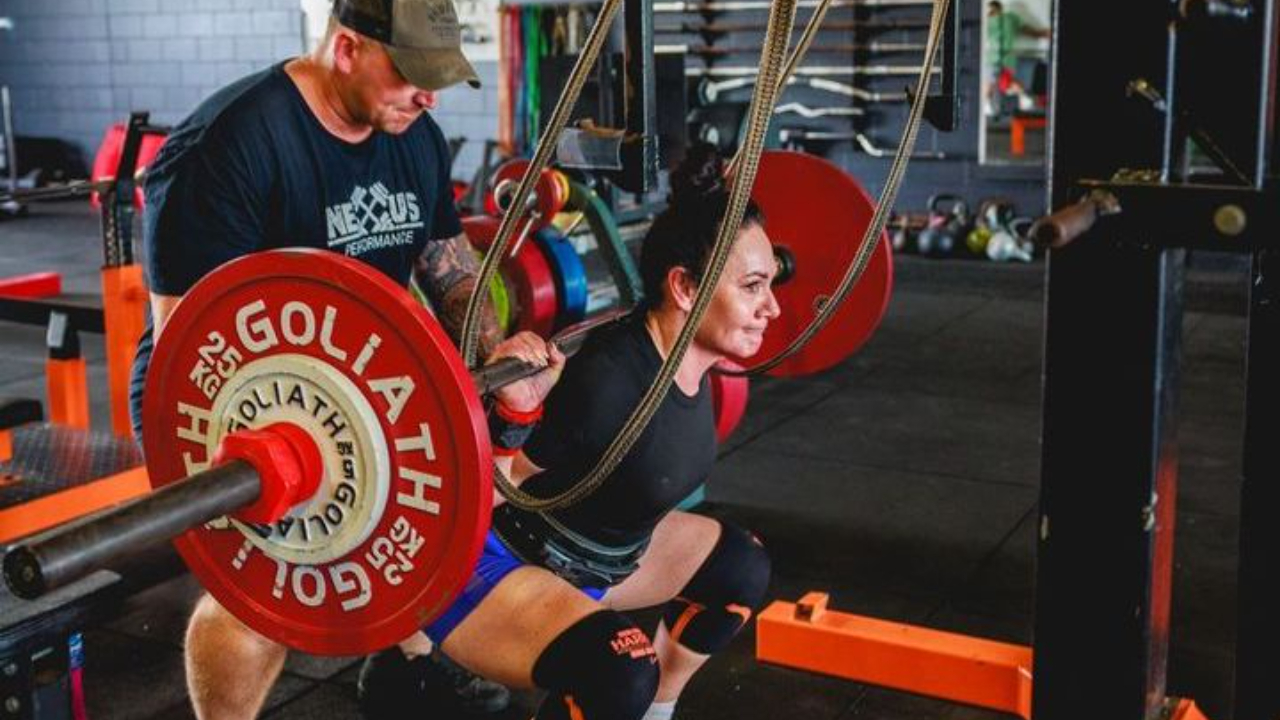Caffeine For Performance

When it comes to preparing for competition, I want my athletes to be as ready as they can be and this includes down to their preferred method of caffeine consumption (pending they are able to tolerate caffeine)
If unsure what their preferred approach is, I like to get my clients to test multiple methods around their training to help determine what works best for them.
Before we get into it, why would someone use caffeine to assist with performance? For starters, we experience the following benefits:
Physiological changes occurring following caffeine ingestion:
- Stimulation of areas of the brain and nervous system reducing tiredness and improving cognition
- Releases epinephrine, which is involved in increased performance and the fight or flight response
- Increased neuronal activity and excitability, improving motor performance and increasing the strength of muscle contractions
Some other potential benefits specific to performance and strength training:
- Improved concentration (important for remembering cues, maintaining focus)
- Improved pain tolerance (a nice benefit when busting out an RPE9 or when your calluses peel off mid deadlift)
- Improved power outputs, including improvements in 1RM attempts
To achieve the above performance benefits we want to make sure we're dosing with the required amount. Generally this could be anywhere between 3-6mg per kg of b/w, with research indicating improvements for strength and power athletes sitting at the higher end. Achieving this amount through espresso shots, or a few cans of Monster isn't going to be comfortable when it comes to a larger human. For instance a 110 kg male would need to consume 1.7 cans of Monster to achieve 4 mg of caffeine per kg of b/w dose. I doubt anyone would want to be sculling this amount pre squats, or between their bench press attempts on competition day.
Timing and comfort
Generally, caffeine is absorbed promptly and reaches peak levels 90-100 minutes after ingesting. However, with the availability of multiple methods of consumption (tablets, liquids, mouth rinses etc) the caffeine type, dose and its absorption time is important for those seeking its performance benefits for training / competition purposes.
If you're unsure where to start, I've listed out a few pros and cons for each method:
Liquids: Pros and cons
Timing - Quick absorption, approx 45 minutes to 60 minutes from training
Pros - familiarity, taste, availability of energy drinks
Cons - amount required for performance benefits can cause GI distress, in energy drinks, the dosage of caffeine usually sits around 260-300mg per can and may require multiple cans. If utilising coffee shots, the amount of caffeine in shots can vary and can be difficult to be precise with dosage. Also, coffee may not be available at competition
Capsules: Pros and cons
Timing - approx 60 minutes prior to training / desired effect
Pros - cost effective (20 tablets per box), easy to manipulate the dosage (100mg caffeine per capsule)
Cons - slower peak, requires prior planning, may not be feasible if competition timing is thrown due to circumstances out of an individual's direct control
Gummies: pros and cons
Absorbed via the cells in our mucus found in our mouth. These cells can process certain nutrients, absorbing them directly into the bloodstream bypassing the intestinal tract.
Timing - caffeine peak is the fastest, approx ~20-30 minutes prior to training / desired effect
Pros - faster absorption rate, beneficial for a quick caffeine hit. Can manipulate dosage easier depending on brand (eg 80g caffeine per gum)
Cons - contains sugar alcohols which can cause GI distress if consumed in excess
https://www.ncbi.nlm.nih.gov/pmc/articles/PMC5790855/
https://jissn.biomedcentral.com/articles/10.1186/s12970-018-0216-0

